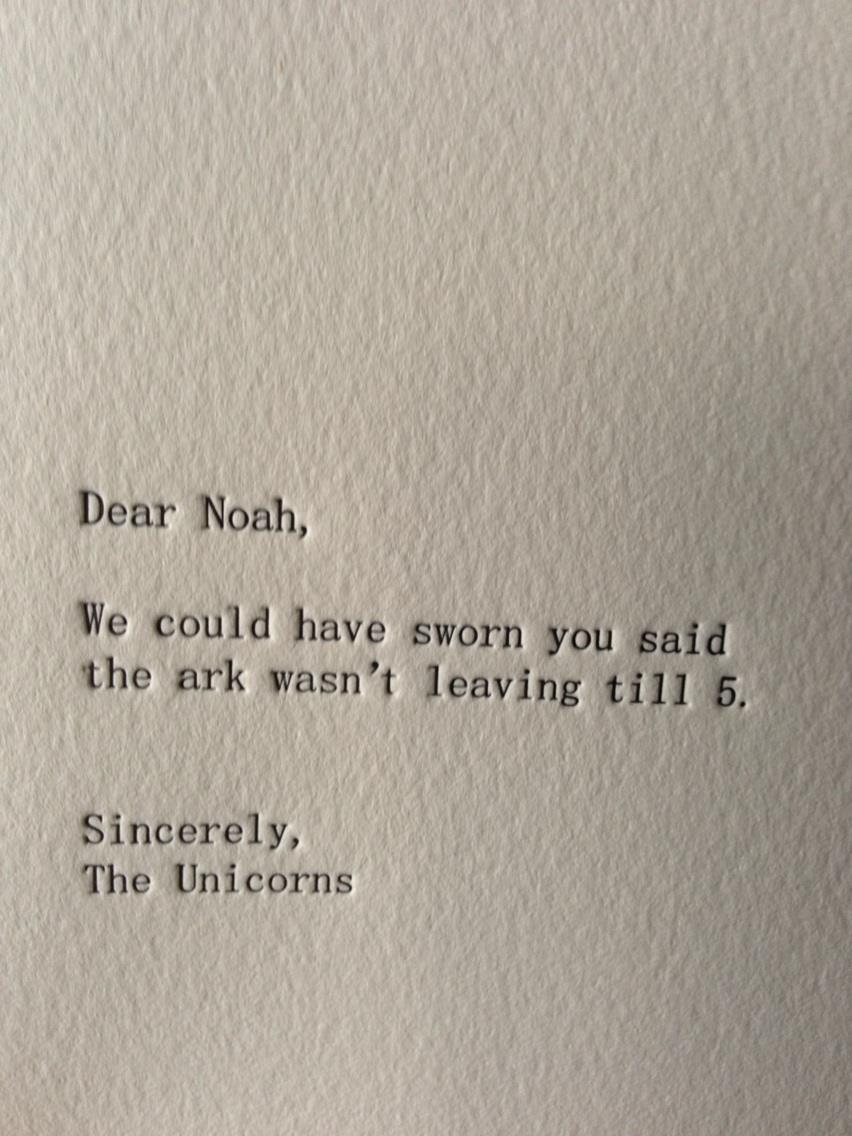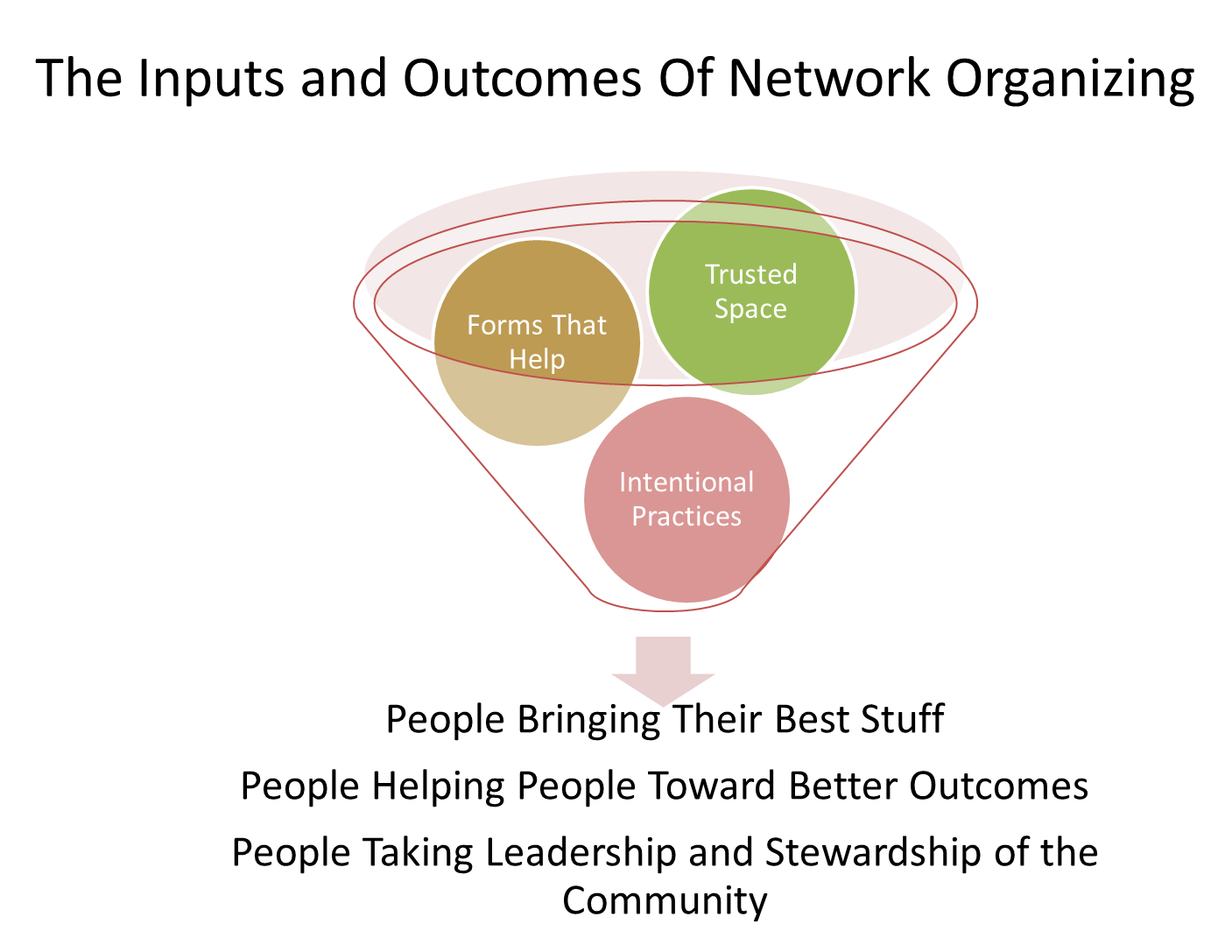Archives
Racial Healing
Shout out to our colleagues at Southern Jamaica Plain Health Center for their Youth Racial Healing Project—making the connections between health, social determinants of health and racism; making the connections between what folks know, see and feel; and making the deep connections between young people across racial differences.
Leave a commentFire at the Gate
“First they ignore you, then they laugh at you, then they fight you, then you win.”
– Mahatma Gandhi
Winter is certainly a time that can test our resolve in the Northeast. This winter in particular feels like it has done that on many fronts, including the volatility of the weather and the seemingly exceptional virulence of multiple strains of viruses making their way through the region. And this is to say nothing of the ongoing personal and social challenges with which many of us are wrestling. Read More
Leave a commentMischief-Making for Change
“The trickster is anybody who’s a bit of an outsider. They’re the ones who make change. They’re not thinking about making change; they’re almost doing it in a selfish way. But because they’re working outside the rules, they change the rules. Everything around them is always new, everything is an opportunity.”
Over the long weekend, my wife and I spent some time looking through the archives of old TED talks and stumbled upon a great one from humorist-philosopher Emily Levine where she talks about the important role of the trickster in facilitating change. Read More
Leave a commentNetwork Organizing
Our colleague Bill Traynor describes essential inputs and outcomes of network organizing. See what you think!
In a recent presentation to the Ways and Means Staff of The Community Builders, we discussed the primary inputs and resulting added value that the Network Organizing practice can bring to a service environment. This slide captures the essence of this.
1 CommentAnd Still I Rise
Ellen Gurzinsky posted this on facebook this week (in honor of International Women’s Day).? Rather than adding my own words, I thought I’d pass it along here — a beautiful piece by Maya Angelou.? In the spirit of Melinda’s recent posts of wonderful poetry, here’s another gem. Really – what more is there to say?
Leave a commentNew Forms for Our Better Selves

The following post is taken from a message I recently posted on the Community Food Security Coalition listserv. I have already heard from a few people and am setting up conversations with them to hear more about what they are doing process and form-wise to advance the work, and look forward to sharing what I learn from them in this space. While the topic of this blog is networks focused on just and sustainable food system development, reactions are welcome from those working on new structures to address other social change issues . . .
IISC currently works with a number of food system-related initiatives around the country, providing process/structure design and facilitation support to collaborative multi-stakeholder approaches to change. As we strive for more healthy, just, sustainable, and community-enriching food systems, part of our role is to hold the stake for the “how” of the work, to ensure that it aligns with the multi-dimensional ends we seek, and to fine-tune this to the essence of the particular geographic and social locale (municipality, state, region). Read More
Leave a commentDesign and Emergence
Working with numerous multi-stakeholder collaborative change efforts, we at IISC are often invited to help people co-create the structures and processes that will move their complex work and collective development forward. There is never an easy or readily apparent answer and each case is unique to its particular context and nature. A quote that I’ve found helpful to quell some of the anxiety that comes up around this work, especially among those who want to rush to adopt a structure that others have used and “get on to the work” (more on this false dichotomy here), comes from Fritjof Capra from the Center for Ecoliteracy. Capra writes about the importance of recognizing and working the dynamics of life. Read More
Leave a commentConditions for Emergence
The following comments was posted by Gibran as a response to Curtis Ogden‘s Collective Impact and Emergence blog post. In it we are challenged to think beyond our institutions and think about how to truly impact the communities we work with.
This is excellent Curtis. It brings me back to one of our most important inquiries – how do you nurture the conditions for emergence? With this inquiry, we are not just saying that emergence happens; we are saying that our best approach is to nurture it. It is a significant shift from a more top-down technical approach.
Leave a commentWhat adults can learn from kids
Twelve year old Adora Svitak called for mutual respect and reciprocal learning between adults and kids. Her TED bio calls her a “child prodigy” but I think that exceptionalizes her talents and perspective and implies that she is very unlike her peers. I think she models a poise and wisdom that is all around us if we just look for it.
Here’s a little taste of her talk.
Leave a comment“We don’t need to make it better”
The following post has been reblogged from our amazing friends at Seth’s Blog. We hope you like it as much as we did!
Improvement comes with many costs.
It costs time and money to make something better. It’s risky, as well, because trying to make something better might make it worse. Perhaps making it better for the masses makes it worse for the people who already like it. And risk brings fear, because that means someone is going to be held responsible, and so the lizard brain wants out.
Leave a comment"We don't need to make it better"
The following post has been reblogged from our amazing friends at Seth’s Blog. We hope you like it as much as we did!
Improvement comes with many costs.
It costs time and money to make something better. It’s risky, as well, because trying to make something better might make it worse. Perhaps making it better for the masses makes it worse for the people who already like it. And risk brings fear, because that means someone is going to be held responsible, and so the lizard brain wants out.
1 Comment




